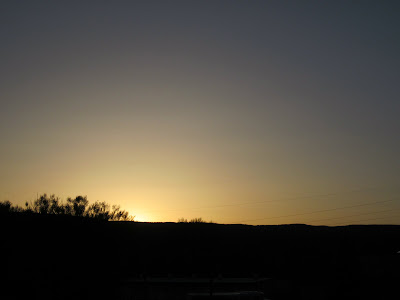Solidarity Sing Along: The Arrest of the Peaceful
Sing-alongs have been happening at the Wisconsin capitol building since Governor Walker's disbanding of unions in 2011. For more than 700 consecutive weekdays, their purpose has been to gather in the rotunda, sing peaceful songs of protest, and gather strength from each other.
Walker apparently felt threatened by this and all of the demonstrations in the capitol, as he outlawed gatherings of 20 or more that did not have a permit--then replaced Madison's police chief, who wasn't enforcing the law, with his personal bodyguard.
This week, arrests have begun. This excellent article talks about the author's 80- and 85-year-old parents, who were arrested at the sing-along, where 22 people were in attendance. The next day, instead of the numbers decreasing, they went up - 29 citations were issued, and (as WPR put it) the remaining protesters sang louder.
I understand the point of needing a permit for a public gathering. But the capitol has always been a place for anyone to speak their mind, and the first amendment hasn't gone anywhere. These events have been entirely peaceful. This sing-along was beginning to dwindle, and I imagine it was an annoyance to Walker. So he's trying to stomp it with his iron boot. But he's miscalculated: Madison is pissed at him once again.
I doubt that the true reason for the arrests has anything to do with permits. (Mind you, I'm only basing this on everything I've seen Walker do in the last two years.) Chances are, with the impending gubernatorial election, he's trying to quietly sweep the dregs of former protests out the door, trying to impose a state of forgetfulness on the voting populous so that he can maintain his throne and continue to derail the state.
Governor: we have not and will never forget. You've pissed off the wrong people.
Sources and More Information
Why My Parents Just Got Arrested in Madison - Rebecca Kemble, The Progressive



Comments
Post a Comment